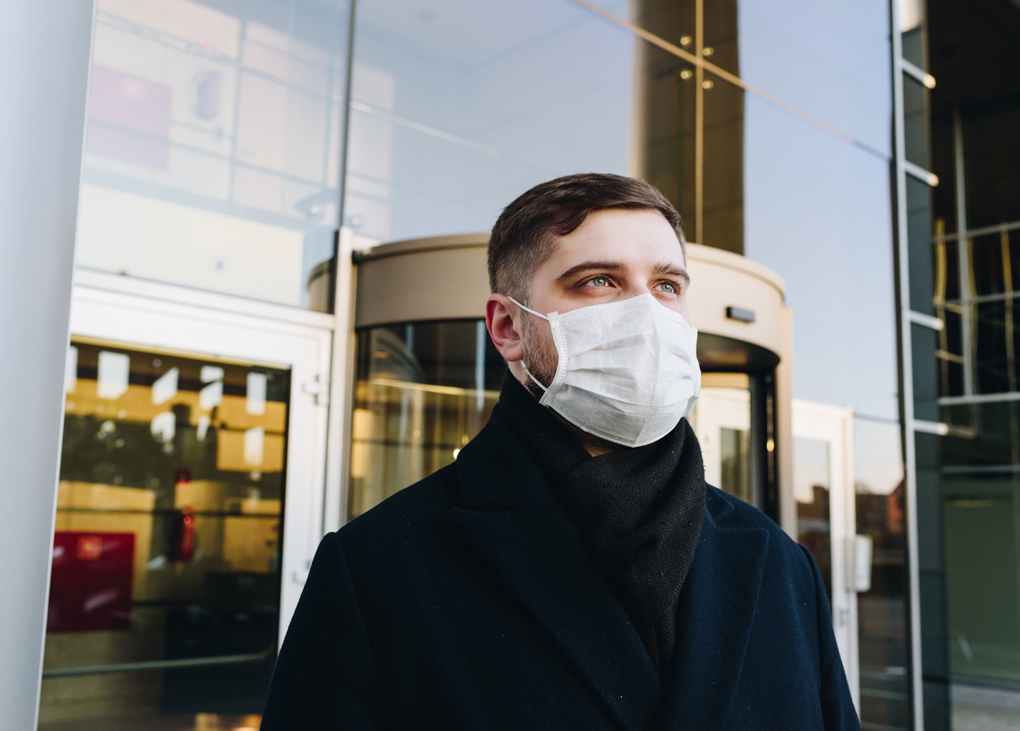The Federation of European Heating, Ventilation and Air Conditioning Associations (REHVA) has launched an online course for the safe operation of buildings and HVAC systems during the COVID-19 pandemic.
The online course takes around 8 hours to complete and covers key topics on how to resume activities, safely operate buildings, and use densely occupied indoor spaces during and after the COVID-19 pandemic.
The course is based on the REHVA COVID-19 guidance documents and its modules provide basic theoretical knowledge with hands-on information taught by REHVA experts. Participants also get access also to the latest REHVA guidebooks on air filtration and the hygiene requirements of ventilation systems. Those who successfully complete the online exams obtain a certification.
REHVA notes that the course material was developed before the detection of the latest, more contagious SARS-CoV-2 variants in the UK and South Africa, and any subsequent research on the topic has not been considered for its development and update. Therefore, any contained information, recommendations and guidelines should be interpreted considering this limitation.
The course is aimed at facilities and building managers, OH&S specialists, building services contractors, mechanical and HVAC engineers, ventilation and air conditioning system inspectors, regulators, and other building professionals involved in the management of indoor environment quality, building operation and system maintenance.
After the course, participants will:
- Understand the science behind SARS-COV-2 transmission, risk mitigation and the key role of air quality, air distribution solutions and adequate ventilation in infection control
- Understand the key aspects and necessary measures to take on HVAC systems when resuming indoor activities and reopening public spaces
- Know how to assess and compare different HVAC solutions regarding infection risk in buildings and separate rooms
- Have an overall understanding of HVAC engineering measures and current technologies to prevent and/or limit the airborne viral transmission and to reduce the number of cross-infections indoors
- Obtain practical guidance on the safe use of densely occupied spaces in different building types including office spaces, industrial facilities, schools, hospitality facilities, shopping malls, sport facilities, public transport, residential buildings, museums and theatres and places of worship.
For more information about the course, including fees and registration instructions, click here.
 Mark Vender
Mark Vender


Leave a Reply